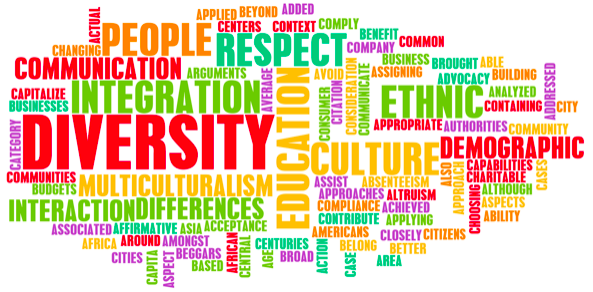Don’t Get Burned in The Melting Pot

Sheppard.af.mil
I’m sure you’re familiar with the term “melting pot”. If not, it is a place where different races, religions, and cultures can co-exist to foster individual and collective growth. And it is more than likely that for whoever you are reading this right now, you will go on to meet people that are different, be it in college or the workplace. Living in the dormitory, I share bathrooms, stovetops, and every common space imaginable with students from every corner of the world, so I am no stranger to differences. This circumstance prompted me to engage in dialogue with people that held opinions that differed from my own. In the dorm, we often share stories of traditions, debates over politics, and we dig, sometimes too deep, into the personal struggles we faced growing up. However, often times, debates can lead to hurt feelings and a lack of productivity. So, here are a few pointers I’ve picked up while living in the dorm that may guide you in conversations with people that think differently than you:
1. As humans, we have only ever seen life through our eyes. It is important to remember that everyone is a product of their environment and our minds and opinions are greatly shaped by the experiences we’ve had.
2. The problem with debates is that they are missed opportunities. An argument to prove a point, rather than a conversation to understand. Let your conversations be guided by mutual understanding. In order to create fruitful dialogue, we need to focus less on our own individual argument and more on actively listening to others.
3. Productivity in conversations relies greatly on the willingness of participants to be open-minded and allow others to challenge our thoughts. Try to avoid being stuck in your own head and entertain the possibility of your own enlightenment.
4. Lastly, lead with vulnerability as your strength. Society has taught us to be strong and put up walls, but neither honesty nor productivity has ever come from that. In order to solve problems, we need to be honest in admitting that there are problems to begin with. So be vulnerable. Be candid. Be real.

Hi, my name is Begai Prom. I am a senior at SSFS and have been a member of the Wildezine for 3 years. This year, I am the editor-in-chief of The Wildezine....






Sarah • May 14, 2019 at 4:38 pm
I think that all of these points are incredibly insightful and thoughtful ways to discuss sensitive subjects, especially when you are trying to change someone else’s perception or even your own. Remembering and understanding who we are, the experiences we have and have not had, and their relevance to a given conversation is such a fundamentally crucial aspect of communication. Comprehending that everyone has had different experiences, and therefore everyone will have a slightly different stance on topics is absolutely necessary in order to discuss an issue with someone, because that gives you the ability to listen to their words and reflect on them, as opposed to simply ignoring what they say and merely trying to change their mind. Simply trying to prove a point to someone else is not an effective method of communication, because we have to adapt what we are saying as the conversation flows so that our words, and theirs as well, can truly have an impact.